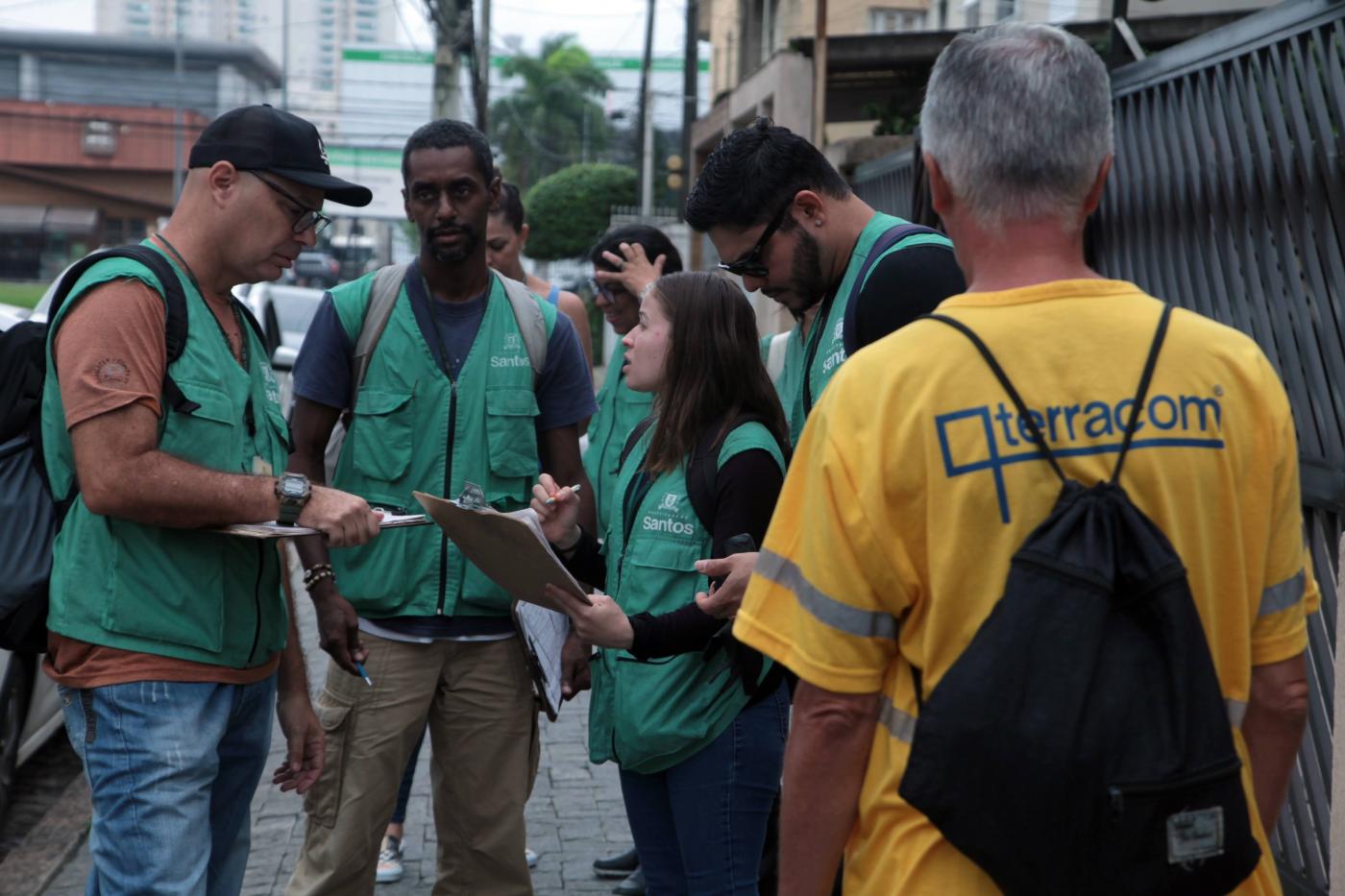Within the framework of the SDG Santos 2030 movement, students from the University of Sao Judas – Unimont will work with health agents from City Hall in the first phase of the Summer Mutirão against Aedes aegypti in the Gonzaga neighborhood, scheduled for Wednesday (13), from 9 am. The starting point of the campaign will be Praça das Bandeiras (Av. Vicente de Carvalho s/n° – Gonzaga).
This action will include students from various undergraduate courses at the university and 65 endemic disease control agents from the Ministry of Health (SMS). In the campaign, Gonzaga residents will receive guidance on prevention, vaccination and symptoms of the disease. In addition, mosquito breeding sites in homes will be searched.
The Santos 2030 SDG movement aims to link municipal administration with other sectors of society, such as educational institutions. For the head of the Center for Zoonoses and Vector Control of the Municipal Health Department (SMS), Alexandre Nunes, the partnership will provide a rich exchange of knowledge for all participants. “This activity puts different constituencies: health professionals, students and citizens on the same page in the fight against mosquitoes that transmit dengue, Zika and chikungunya. Such actions increase our ability to disseminate information and raise awareness.
São Judas Unimont Health Courses Coordinator, Michel Santana, highlights the importance of the actions of the university students, pointing to the increase in cases of dengue and chikungunya in the city this year, compared to 2023. “It is important because of the state of emergency in Baixada Santista due to dengue.” The campaign will serve as an extension of the classroom, as it adds to the students’ training in direct communication with the community around them.
Motero at Gonzaga
The first phase of the joint effort at Gonzaga will cover the area formed by Avenidas Presidente Wilson and Vicente de Carvalho (the edge of the beach), Bernardino de Campos, Washington Luis, Rua Luis de Farias, and Praca Fernandez Pacheco. The second phase is scheduled to take place on March 20, with each team returning on Saturdays of the week for any outstanding issues, which may be subject to changes due to weather.
Terracom will work in partnership with the Ministry of Health, providing a team of 25 agents and trucks to remove unusable materials, which have the potential to create a breeding ground for mosquitoes that transmit dengue, Zika, chikungunya, and yellow fever in urban areas.
The Secretariat has already implemented eight summer efforts in 2024, eliminating 825 caterpillar outbreaks. The goal is to reach the busiest neighborhoods at this time of year, and conduct inspections of properties with high population density, as the hot and humid climate in summer is suitable for mosquitoes to breed, and the high movement of people raises a health alert.
This initiative addresses item 3 of the United Nations Sustainable Development Goals: Quality of Health. Discover other SDG articles

“Wannabe internet buff. Future teen idol. Hardcore zombie guru. Gamer. Avid creator. Entrepreneur. Bacon ninja.”

